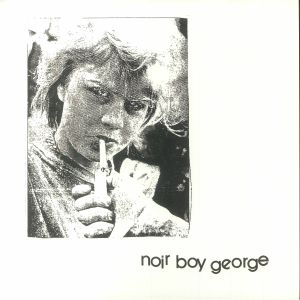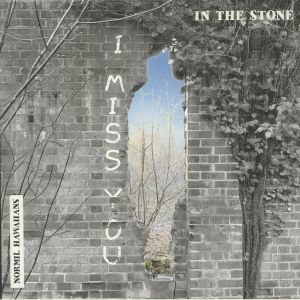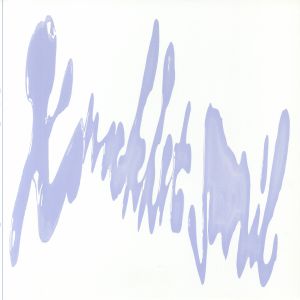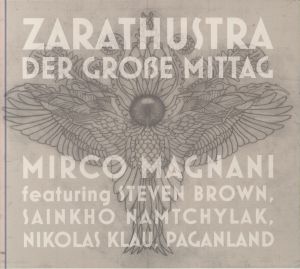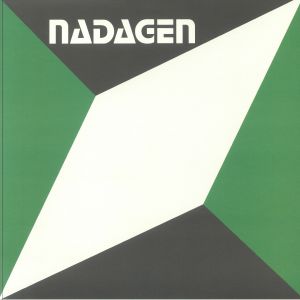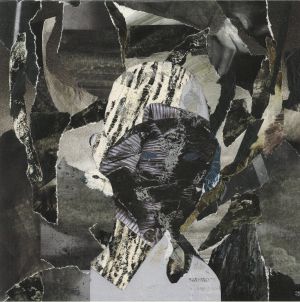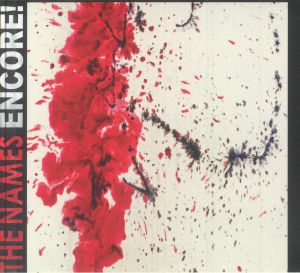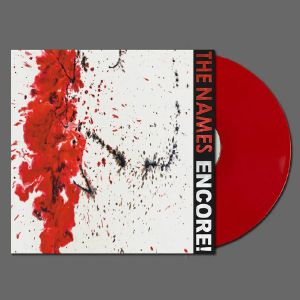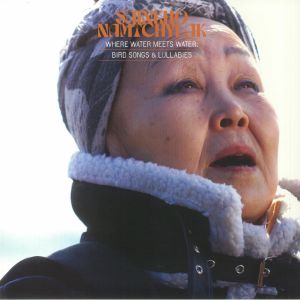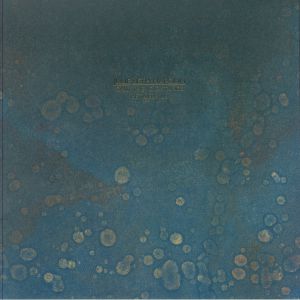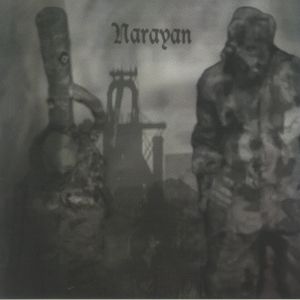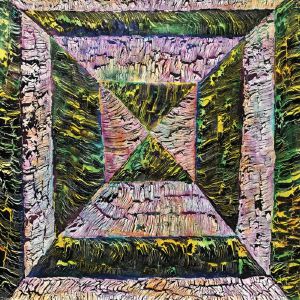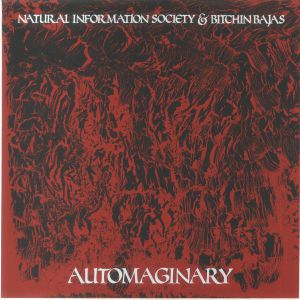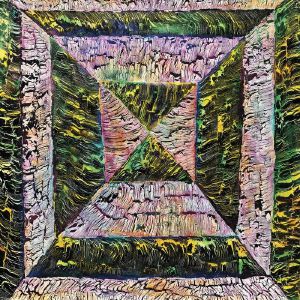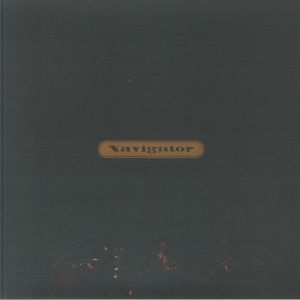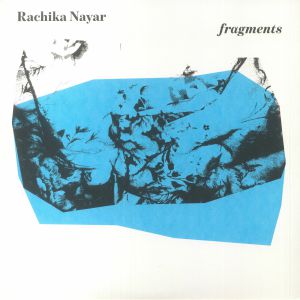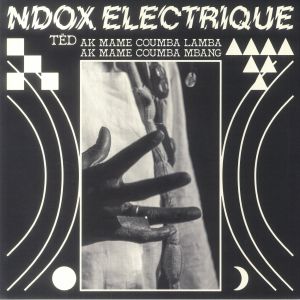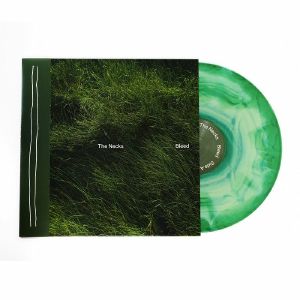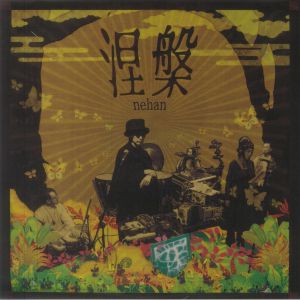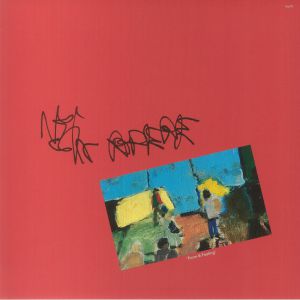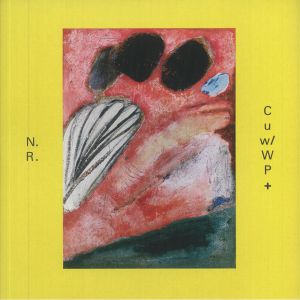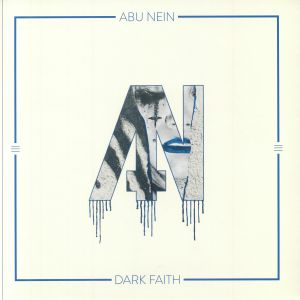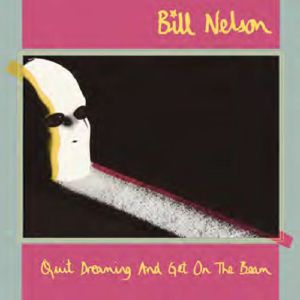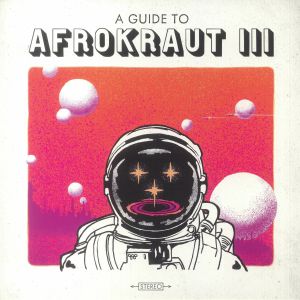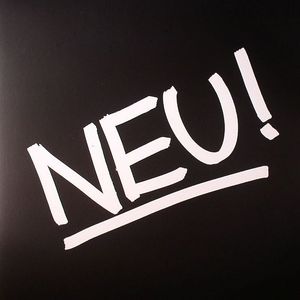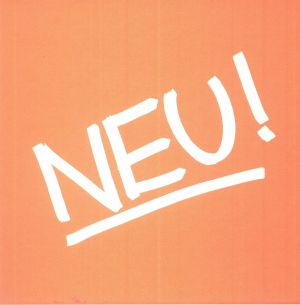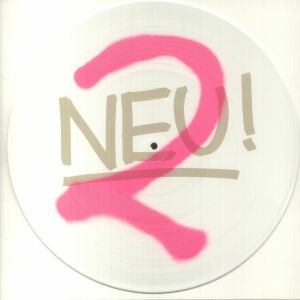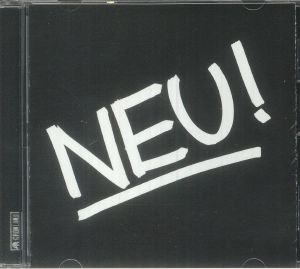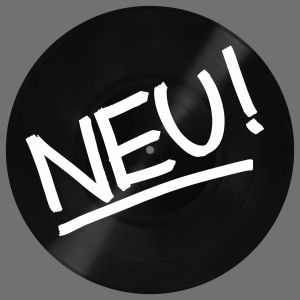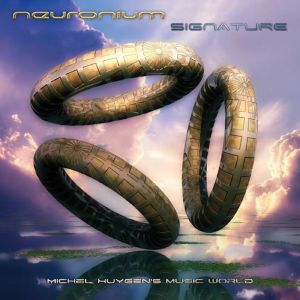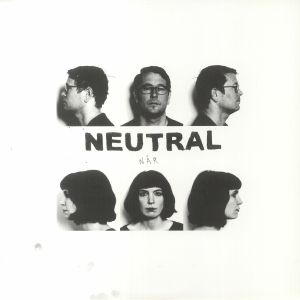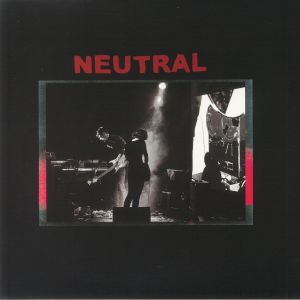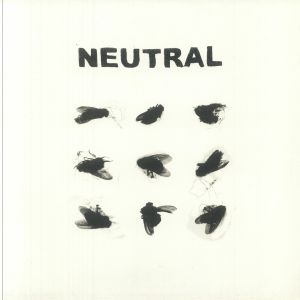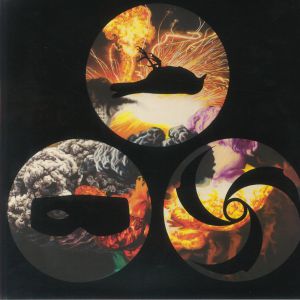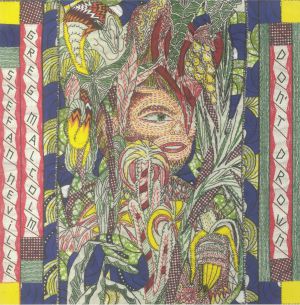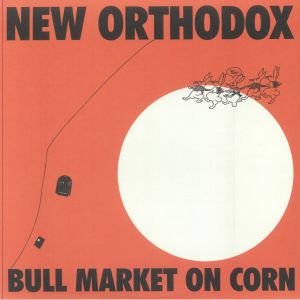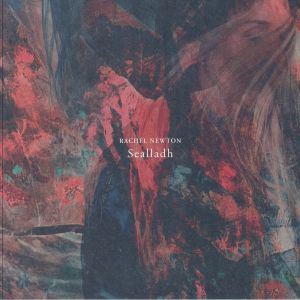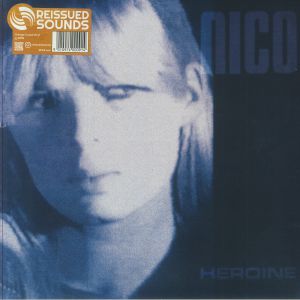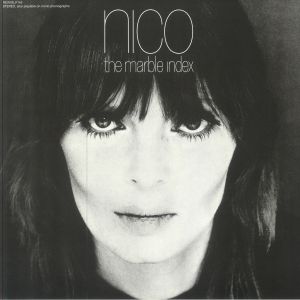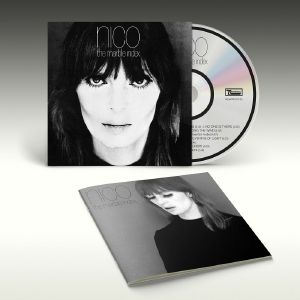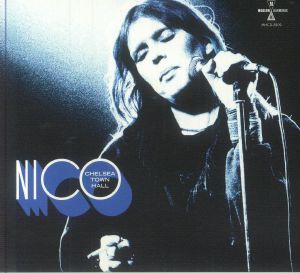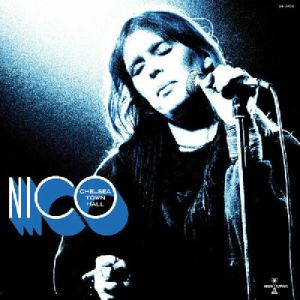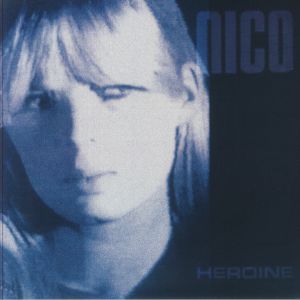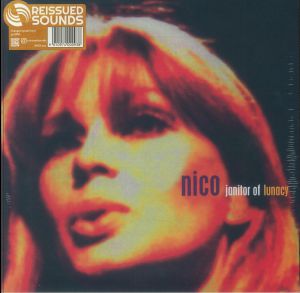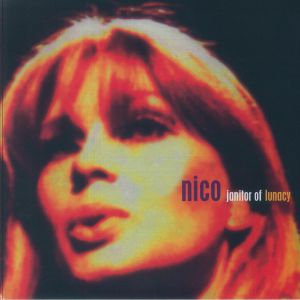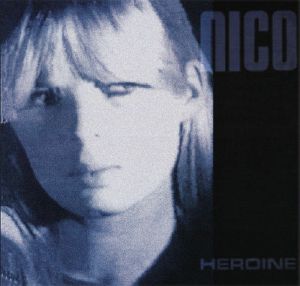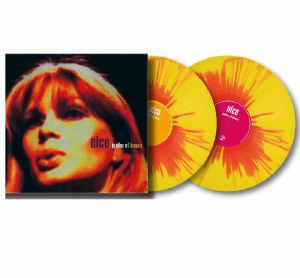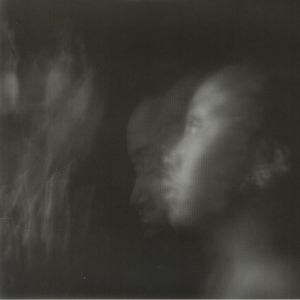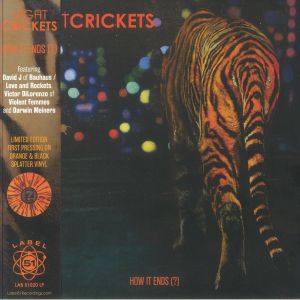Back catalogue: Post Rock/Experimental
Juno's full catalogue of Post Rock/Experimental
シングル
Cat: RPCN 009WC. Rel: 25 Sep 23
in stock $20.92
in stock $6.36
アルバム
in stock $26.56
Cat: CDGG 458. Rel: 02 May 24
in stock $14.13
in stock $30.24
in stock $22.33
in stock $14.69
in stock $37.02
Where Water Meets Water: Bird Songs and Lullabies (limited LP)
Cat: PONLP 24. Rel: 30 Mar 23
in stock $24.02
Only The Void Stands Between Us (gatefold LP in spot-varnished sleeve)
Cat: SC 59. Rel: 03 Dec 24
in stock $33.90
in stock $24.59
Totality (cassette)
Cat: DC 860C. Rel: 12 Jun 25
in stock $14.69
Automaginary (reissue) (LP in screen-printed sleeve)
Cat: DC 626LP. Rel: 01 Mar 23
in stock $27.12
Totality (LP in embossed-sleeve)
Cat: DC 860. Rel: 24 Apr 25
Review: A second joining of forces from two celebrated Chicago acts, blending deep, organic rhythms with a minimalistic electronic pulse. With the novel but logical addition of Jason Stein on bass clarinet, the collaboration stretches even further, pulling together the spiritual fluidity of Natural Information Society and the electronic minimalism of Bitchin Bajas. The first single, 'Clock no Clock,' is a deep dive into hypnotic rhythms, with guimbri grooves intertwining seamlessly with electronic bursts, flutes and organs. The other three tracks are equally compelling, the music unfolding like a living organism, constantly shifting but always grounded. Expansive, intricately woven sonic delights.
… Read morePlayed by: Juno Recommends Rock/Indie
! low stock $32.77
in stock $30.51
Review: Rachika Nayar's album 'Fragments' is a collection of sonic miniatures constructed from guitar loops and in the familiar comforts of her own bedroom. First released as a limited edition cassette by RVNG Intl's Commend THERE imprint, it now comes to the main label in full vinyl LP glory, thanks to its sublime working of cyclical, processed, meditative guitar loops into a distinct oeuvre. Nayar is no less than a sonic alchemist, transmuting tactile guitar loops into repeating textures, in a style that seems to continue in the tradition of The Field or Fennesz.
… Read morePlayed by: Juno Recommends Ambient/Drone
in stock $24.59
in stock $23.45
Bleed (green vinyl LP with obi-strip (indie exclusive))
Cat: LPNS 168IE. Rel: 10 Oct 24
Review: The Necks' 20th studio album, Bleed, is an unbroken 42-minute composition that delves into the rich, unsettling beauty of stillness. Known for their minimalist jazz, the Australian trio takes their distinctive approach even further here, turning silence and decay into instruments as potent as any piano or drum. Each second feels like a meditation on space, where nothing is rushed, and every shift matters. It's a single composition, yet it feels like an endless expanse of possibilities, each sound lingering in the air before dissolving into the next. Pressed on Indie Exclusive Green Vinyl, Bleed is another masterclass from The Necks, a group that has never been content to rest on past achievements. They stretch the limits of jazz in a way that few other artists could, inviting the listener into a world where stillness isn't an absence but a presence. The sounds feel tactile, almost organic, as if they were born from the earth itself, then slowly decayed. Each listen offers something different, some new texture or note that was missed before, making Bleed a record that grows with you, becoming more complex and rewarding with time. It's minimalist, yes, but not in the cold, distant senseithis is music that pulls you in, demands your attention, and rewards it with an almost spiritual sense of calm.
… Read more in stock $36.16
Review: Australian minimalist-jazz trio The Necks return with a powerful exploration of stillness and decay in the for of their new album, Bleed. The record features one lone 42-minute composition in which the band masterfully delves into the beauty of space and subtle transformation. Through their unique blend of minimalist jazz, The Necks continue to craft a distinct sound that shows subtle evolution and makes for another striking chapter to their extensive body of work. Bleed is all about giving over to the meditative journey where every note and pause evokes the profound complexity of time and impermanence, all while showcasing the trio's remarkable ability to evoke plenty of very real emotion despite the minimal nature of their evocative sounds.
… Read morePlayed by: Juno Recommends Jazz
in stock $16.12
in stock $40.41
in stock $24.86
Catch Up With What Party (LP + insert + booklet in spot-varnished sleeve)
Cat: HOP 8. Rel: 04 Feb 22
in stock $20.92
in stock $24.86
Quit Dreaming & Get On The Beam (Deluxe Edition) (3xCD + Blu-ray + poster + postcards)
Cat: ECLEC 42890. Rel: 15 May 25
in stock $57.37
Cat: LEGO 267VL. Rel: 18 May 23
in stock $25.72
Played by: Ekoplekz
in stock $18.94
in stock $52.85
Neu 2 (50th Anniversary Edition) (limited picture disc LP)
Cat: LPGRON IIP. Rel: 06 Jul 23
Review: It's hard to sum up the brilliance of the interconnected bands which emerged out of Dusseldorf in the 90s, but Neu! are about as perfect a place to start as any. Klaus Dinger and Michael Rother left Kraftwerk and, sparring with Conny Plank in the studio, came up with album after album of steadfast, motorik grooves that stretch out for miles on end. You can dive into any part of the Neu! legacy and it won't disappoint, but Neu! 2 is especially wonderful thanks to the visionary approach to remixing Dinger and Rother took to fill up the second half of the album when the label withheld any more money to record the album. Short-sighted of the label maybe, but it pushed the pair to create something far wilder with wrongspeed manipulation - just listen to 'Super 16' and you'll understand.
… Read more in stock $31.09
in stock $9.89
Review: Neu! 75 was the third and final studio album from Klaus Dinger and Michael Rother, and many years on it stands proud as a great piece of electronic rock history. Released in, you guessed it, 1975, the album's signature insistent rhythms, phased guitars and propulsive drums continue to sound fresh and retain a vitality that feels futuristic even decades later. This official reissue is a great way to get back into the raw energy and precision that made Neu! 75 so influential with their groundbreaking fusion of motorik beats and experimental soundscapes. It was their finest work, frankly.
… Read more in stock $29.68
in stock $18.37
in stock $28.54
in stock $41.82
in stock $33.34
in stock $21.76
in stock $27.98
in stock $35.61
Heroine (Record Store Day RSD 2025) (gatefold orange crystal vinyl LP)
Cat: MICR 020. Rel: 19 Apr 25
in stock $27.41
The Marble Index (remastered) (LP + booklet + MP3 download code)
Cat: REWIGLP 145. Rel: 28 Mar 24
Review: Nico's Marble Index was the first album to establish the German musician's home in the avant-garde; the story of the fashion model turned "legitimate" artist is as old as time, yet is rarely told today. In contrast to her first album, Chelsea Girl, which consisted almost entirely of pop chansons, Nico's sophomore LP here tracks nicely with her working introduction to John Cale in his harmonium era, drawing inspiration primarily from modern European classical music, not three-minute hookcraft. Long out of print, this slow-burner of a critical classic now hears a worthy reissue via Domino.
… Read more in stock $28.83
in stock $12.72
in stock $23.45
in stock $39.56
Heroine (reissue) (clear yellow blue & black splattered vinyl LP limited to 100 copies)
Cat: MICR 020AT. Rel: 30 Apr 25
in stock $36.73
Janitor Of Lunacy (reissue) (orange crystal vinyl 2xLP)
Cat: MICR 021. Rel: 15 Apr 25
in stock $28.31
Janitor Of Lunacy (reissue) (numbered clear yellow blue & black splattered vinyl 2xLP limited to 100 copies)
Cat: MICR 021AT. Rel: 30 Apr 25
in stock $51.72
Heroine (reissue) (numbered gatefold yellow & red vinyl LP limited to 100 copies)
Cat: MICR 020UK. Rel: 15 Apr 25
in stock $29.68
Janitor Of Lunacy (reissue) (numbered red & yellow splattered vinyl 2xLP limited to 100 copies)
Cat: MICR 021UK. Rel: 15 Apr 25
Review: This reissue of Janitor of Lunacy recaptures Nico in a stark, spellbinding 1983 live performance at Manchester's Library Theatre during a period when she called the city home. Spread across 20 tracks on double vinyl, the album distils her haunting presence and singular voice into raw, intimate recordings that draw from four of her solo records as well as Velvet Underground classics like 'Femme Fatale' and 'All Tomorrow's Parties.' The set also includes a brooding take on Bowie's 'Heroes' which is, like the rest of the pieces, minimalist and emotionally charged. This was Nico stripped down to her essence, namely bleak, beautiful and moving.
… Read more in stock $39.56
Review: South Carolina singer and producer Niecy Blues describes her songwriting process like an undertow: "I feel a strange pull, and let it carry me, following swirling leaves/whole days roll by, forgetting about the body." Their full-length debut, Exit Simulation, captures this sense of deep-rooted divination, cycling between simmering ballads, ghosted r&b, downtempo gospel, and looped vocal improvisations - often within the same track. The title is taken from a science fiction novel she read during the purgatory of the pandemic, alluding to a dimensional ideation of departure - "the permission to imagine leaving." Recorded in her current home of Charleston, she characterizes the album's mood in terms both reflective and raw: an exploration of things suppressed, foundations beginning to crack, "talking myself off a ledge." The music of Niecy Blues transposes reverie and reckoning into emotive devotionals of keys, guitar, bass, synth, and bewitched voice, steeped in sacred atmospheres gleaned from a youth spent in a religious Oklahoma household: "My first experience with ambient music was church - slow songs of worship, with delay on the guitar - even if you don't believe, you feel something."
… Read more in stock $28.54
How It Ends (?) (limited gatefold black & orange splattered vinyl LP + obi-strip)
Cat: LAB51 020LP. Rel: 19 Dec 24
in stock $24.86

 USD
USD





